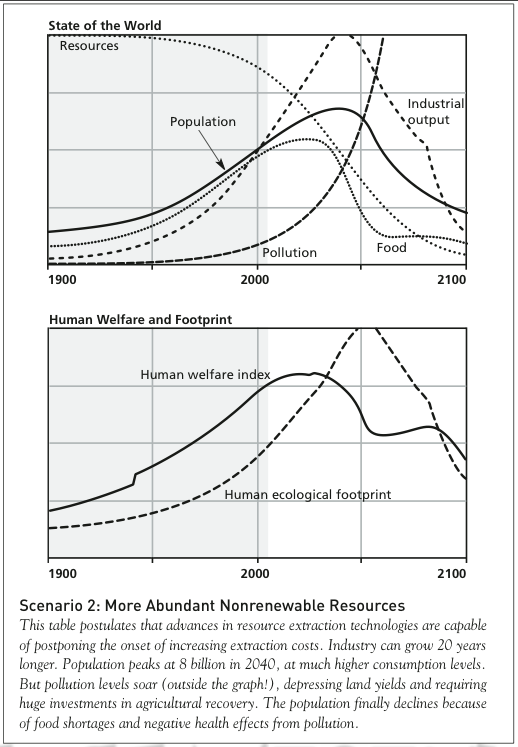JasonA
Well-known member
Think you need to read Andy...AndyH said:I'm embarressed for you, Jason. It's clear you still have no idea what crypto is and is not. Finally, there's nothing 'private' about any of these - whether local or crypto.
Sorry, still no. Sadly.
http://en.wikipedia.org/wiki/Cryptocurrency
http://en.wikipedia.org/wiki/Alternative_currency
An alternative currency (or private currency) is any currency used as an alternative to the dominant national or multinational currency systems. They are created by an individual, corporation, or organization, they can be created by national, state, or local governments, or they can arise naturally as people begin to use a certain commodity as a currency.
Aka... http://en.wikipedia.org/wiki/History_of_Bitcoin
On 6 August 2013, Federal Judge Amos Mazzant of the Eastern District of Texas of the Fifth Circuit ruled that bitcoins are "a currency or a form of money" (specifically securities as defined by Federal Securities Laws), and as such were subject to the court's jurisdiction,[15][16] and Germany's Finance Ministry subsumed Bitcoins under the term "unit of account"—a financial instrument—though not as e-money or a functional currency, a classification nonetheless having legal and tax implications.
Why don't you read the crap you're shoveling?
There's nothing public about Bitcoin.. aka why is it so popular with the criminal underground you dope? :lol: :lol: :lol:
Because it's private, cannot be traced when stolen, etc...
Sounds like you lost your ass on it


